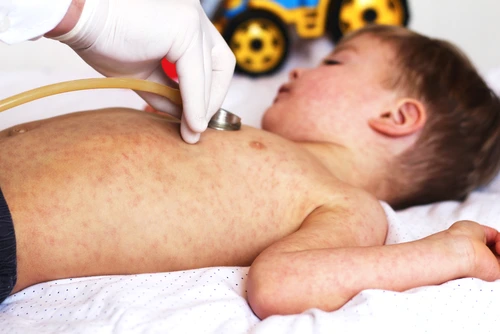
In the midst of assessment season, psychologists warn that stress is a real problem, and parents and teachers must be careful not to exacerbate this condition. In addition to their own emotions, children also have to manage social pressure (they have to perform in the group they belong to or in front of friends, acquaintances).
“There is a significant increase in the level of stress both in the sphere of parents and children taking exams during this period. For example, on our platform, a 25% increase in counseling sessions on this topic was noted in the last month. That is why it is important that, first of all, parents learn to manage their own stress in order to reduce the pressure felt by every child who goes through such an examination”, explained doctor Mihai Bran, psychiatrist and co-founder of atlashelp .net, online psychotherapy clinic.

The first stage is where adults have to learn to overcome and manage their own stress related to the child’s exam. Just as important as this is understanding the emotions that underlie the child’s behavior. Small gestures are important when the child is going through a stressful time.
Cook his favorite food, talk to him, ask him from time to time how he is doing, if he needs help, show him that you care about him, his problems, what he feels, but try not to insist too much.
Another key element in managing exam stress is to appreciate the efforts you put in and notice the positive things you do.
At the same time, try to show that you are always available for conversation, encourage him to come to you when he feels stressed, tell him about your own emotions when you took exams and how you managed to overcome them. Show him that you trust him and his ability to handle this situation.
What NOT to do when your child is stressed about exams
–
Never compare your child with another, using words that praise another child and underestimate him.
–
Don’t make negative predictions about the future: “You won’t pass the exam, you won’t enter high school, you won’t get to college, etc!”. The child/adolescent needs to be validated, supported, not discouraged!
–
Do not check the child frequently, you will get the exact opposite!
–
Don’t focus your attention – implicitly the child’s – only on mistakes or difficult things.
–
Do not give unsolicited advice and do not treat your child with superiority.





















